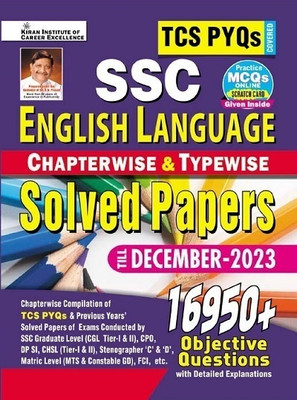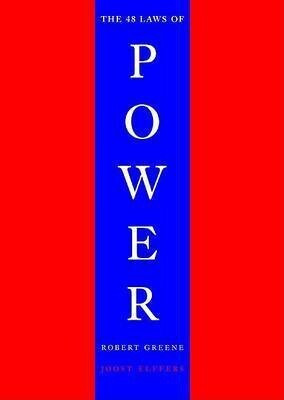
The Untouchables | Ranade, Gandhi and Jinnah | Dr. B.R. Ambedkar | by BR Ambedkar English Paperback | Who Were They and Why They Became Untouchables | Untouchable | Unteachable The Original Edition | Ambedkar Castes | Book Set Combo pack Bhimrao Works B R Pride Baba Saheb Bheemrao Bheem Bhim Rao Problem dr br. Ambedkar's all Writings Books Father Constitution Speeches Roy Hindi by Annotated Critical Navayana And Other Tharoor Essays Bharat Ka Vibhajan Understanding Mai + Kaise Bana Shashi States And Minorities Waiting For A Visa Rupee Biography Autobiography Auto Biography On Buddhism Gospel Buddha And His Dhamma Jaat Paat Ka Vinash Athva Atharva Aur Annihilation Of Caste With A Reply To Mahatma Gandhi System Annhilation Cast Anhilation Matters Arundhati Inhilation Inhalation photo frame statue combo set Lang Caste In India My Autobiography Their Mechanism, Genesis And Development hardcover Kindle (Paperback, Dr. B. R. Ambedkar, Saket Prakashan)
Price: Not Available
Currently Unavailable
Highlights
- Binding: Paperback
- Publisher: Infinite Words
- ISBN: 9789352209590
- Edition: 2025
- Pages: 240
Description
In this ground-breaking work, Dr. B.R. Ambedkar, the principal architect of the Indian Constitution and a champion of social justice, delves deep into the origins and realities of one of India's most troubling social issues—the existence and treatment of the untouchables.
In The Untouchables, Dr. Ambedkar sheds light on a topic close to his heart, offering profound insights into how and why certain groups were cast out of society.
With a blend of scholarly research and heartfelt conviction, Dr. Ambedkar unpacks the complex social, economic, and historical factors that led to the creation of the untouchability system. Through his words, you'll gain a nuanced perspective on the deep-rooted issues of caste and discrimination, and understand the human stories behind the statistics and historical accounts. His insights and arguments remain as relevant today as they were when first published, offering a powerful critique of caste practices and a vision for a more equitable and just society.
This book is an essential read for anyone seeking to understand the complexities of Indian society, the roots of social discrimination, and the enduring fight for equality and human dignity.
The Deccan Sabha of Poona invited me to deliver an address on the 101st birthday of the late Justice Mahadev Govind Ranade, celebrated on January 18, 1943. Though initially hesitant, I accepted the invitation despite knowing my views on social and political issues might not be well-received.
I had no intention of publishing the address as such speeches often have little lasting value. However, persistent friends insisted on its publication, believing it should not be forgotten. Thus, the printed address differs slightly from the delivered one due to time constraints and paper shortages.
The publication's circumstances are unusual, with reviews harshly criticizing the address even before its release. This is mainly an issue for the publishers, but it also underscores the address's lasting value. My criticism of Mr. Gandhi and Mr. Jinnah, which some interpret as hatred, has been particularly controversial. However, my critiques are rooted in a desire for political settlement and justice, not personal animosity.
The Congress Press, which consistently misrepresents and criticizes me, is the primary source of condemnation. I believe this animosity reflects broader societal prejudices. Nonetheless, I remain committed to my duties, prioritizing India's well-being over idolization of any individual. True nationalism requires recognizing that the country is greater than any single person.
- Dr. B. R. Ambedkar
Read More
Specifications
Book Details
| Imprint |
|
| Publication Year |
|
Contributors
| Author Info |
|
Dimensions
| Width |
|
| Height |
|
| Depth |
|
| Weight |
|
Be the first to ask about this product
Safe and Secure Payments.Easy returns.100% Authentic products.
Back to top







